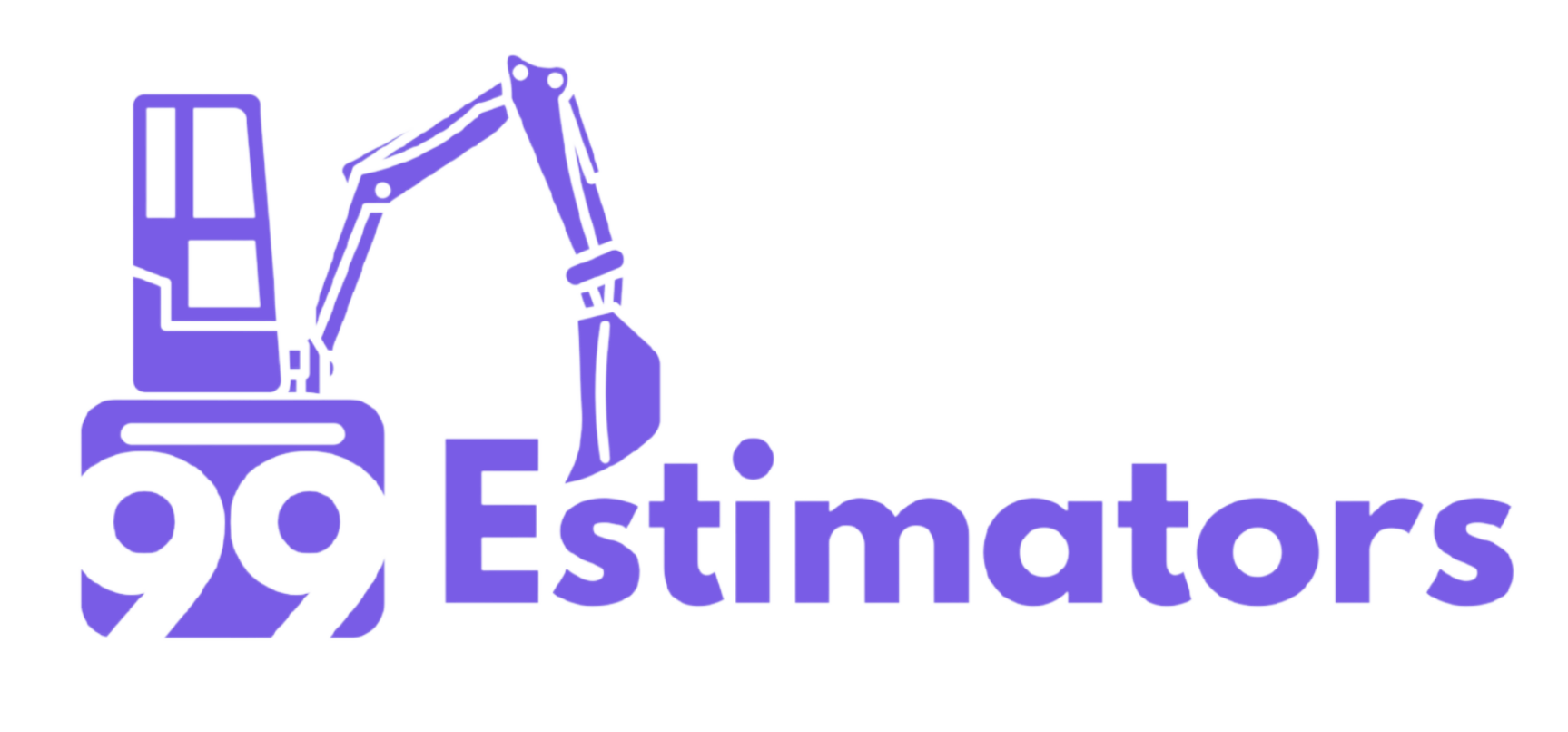
5 Tips for Accurate Construction Cost Estimation
Achieving accurate construction cost estimation is essential for the success of any building project. A well-prepared estimate not only helps you stay within budget but also builds trust with clients and stakeholders. Inaccurate estimates can lead to project delays, disputes, and financial losses. By following proven strategies, you can minimize risks and ensure your construction projects are completed efficiently and profitably. Here are five practical tips to help you create reliable estimates and keep your project on budget.
1. Gather Detailed Project Information: Start by collecting all relevant drawings, specifications, and requirements. The more complete your information, the more precise your estimate will be. Review architectural and engineering plans thoroughly, and clarify any ambiguities with the client or design team. Missing or unclear details can result in costly change orders later. Make sure to document all assumptions and exclusions in your estimate for transparency.


2. Use Up-to-Date Cost Data: Always use the latest prices for materials, labor, and equipment. Outdated data can lead to significant errors in your estimate. Subscribe to industry-standard cost databases or regularly update your internal records to reflect current market rates. Consider regional price differences and factor in potential price fluctuations for long-duration projects. Accurate cost data ensures your estimate reflects real-world conditions and helps avoid budget overruns.
3. Break Down the Project: Divide the project into smaller components or trades. Estimating each section separately increases accuracy and helps identify potential issues early. Create a detailed work breakdown structure (WBS) that lists all tasks and sub-tasks. This approach allows you to allocate resources more effectively and spot areas where costs may be underestimated or overlooked. It also makes it easier to track progress and manage changes during construction.
4. Include Contingencies: Add a contingency allowance for unexpected costs. This helps protect your budget from unforeseen changes or challenges during construction. Common contingencies include allowances for design changes, site conditions, weather delays, and material shortages. The size of the contingency should be based on the project’s complexity and risk profile. Clearly communicate the purpose of contingencies to clients so they understand it is a standard industry practice, not an arbitrary markup.
5. Review and Validate Your Estimate: Double-check your calculations and have another estimator review your work. Peer reviews help catch mistakes and improve the reliability of your estimate. Use checklists to ensure all project elements are included and verify that quantities and unit costs are accurate. Consider running a sensitivity analysis to see how changes in key assumptions affect the total estimate. A thorough review process reduces the likelihood of costly errors and increases confidence in your numbers.
